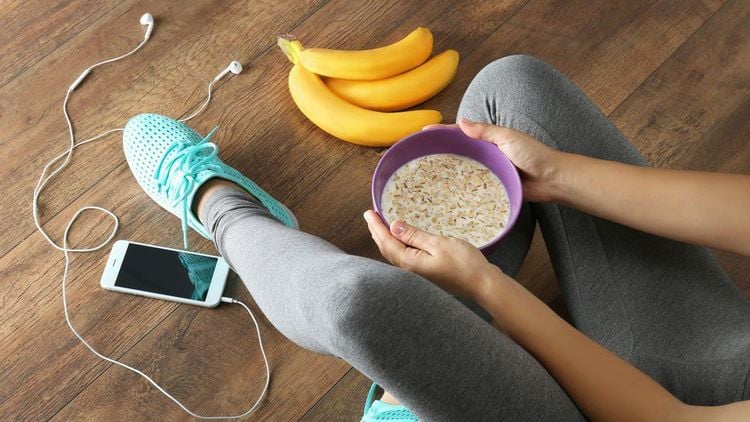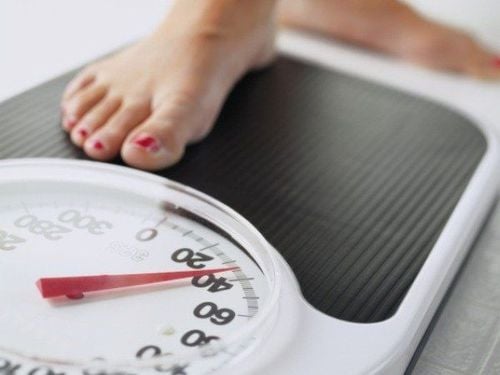This is an automatically translated article.
Some information suggests that exercise should be done on an empty stomach because this helps to increase the body's energy burn. However, this is completely contrary to the scientific basis. Before a workout, you may need to replenish your energy for a better workout. This article helps provide some essential information on the matter.
1. Should you exercise on an empty stomach?
Exercise is an effective method of weight loss. However, to be able to burn excess calories, you should properly understand some essential principles for your training process.
Some reports suggest that exercising on an empty stomach will burn more fat. Many people run in the morning, which can change the body from lethargy to an increase of up to 80% of maximum heart rate in a 15-minute period. Exercising at this time on an empty stomach is said to help the body increase energy burning. However, these hypotheses are not scientifically correct. We really need some pre-workout nutrients, as it gives us more energy, leading to a more intense workout.
An exercise routine first thing in the morning, a few hours after eating forces the body to burn fat for fuel. But applying this method will not make the body's fat storage layer. Instead, your body first begins to break down sugar in muscle tissue.
Your body does not want to use stored fat . The normal body tends to want to use what is easily accessible. Your body can actually start breaking down sugar from muscle tissues, and then your liver starts producing sugar. Therefore, when exercising, you need to add energy to compensate for the calories in the muscles. If you've been working out without being fueled before, you're probably burning muscle for training, not fat.
If you're doing an intense workout, it's better not to fast. You will burn fat because you will quickly deplete your carb stores by exercising too intensely. You will start burning fat within 16 or 20 minutes.
There are situations where practicing fasting can benefit you - but they are the exception. If you're walking briskly, or even if you're running or cycling, and you're doing something consistent - where you're in the 70 to 80 percent range of your maximum aerobic fitness pace] for one hour straight - then it's better to do aerobics while fasting.
But in general, the risks and drawbacks of fasting training are not worth it. You run the risk of going into a hypoglycaemic phase - where your blood sugar drops and you pass out. Plus, your energy levels won't be as good as if you had a little [fuel] in your body.
2. So what should you eat before a workout?
The choice of food also needs to be considered because some liquid foods such as milk or orange juice can cause coughing and acid reflux when exercising with high intensity. But it turns out that pre-workout calories are actually a good idea. So you can choose light foods like some cakes to help the stomach digest better and provide energy for the body. Eating the right foods before exercise can improve performance
You can use complex, low-glycemic carbohydrates that give you energy without causing your blood sugar to spike mutation. Some suggestions include: Steel-cut oatmeal; apple slices; carrots with hummus; whole grains like Cheerios (no dairy); almond butter on whole grain toast; or omelette with wholemeal bread. Keep portion sizes small, as exercising on a full stomach can make you feel nauseous.
Foods to avoid before a workout include anything that might upset your stomach, such as milk, caffeinated beverages, or citrus products. Dairy products are problematic because they encourage mucus production and, for some people, upset the stomach - which can throw a workout off course.

Nên ăn thực phẩm nhẹ và dễ tiêu hóa trước khi tập luyện
Please dial HOTLINE for more information or register for an appointment HERE. Download MyVinmec app to make appointments faster and to manage your bookings easily.
Reference source: webmd.com













